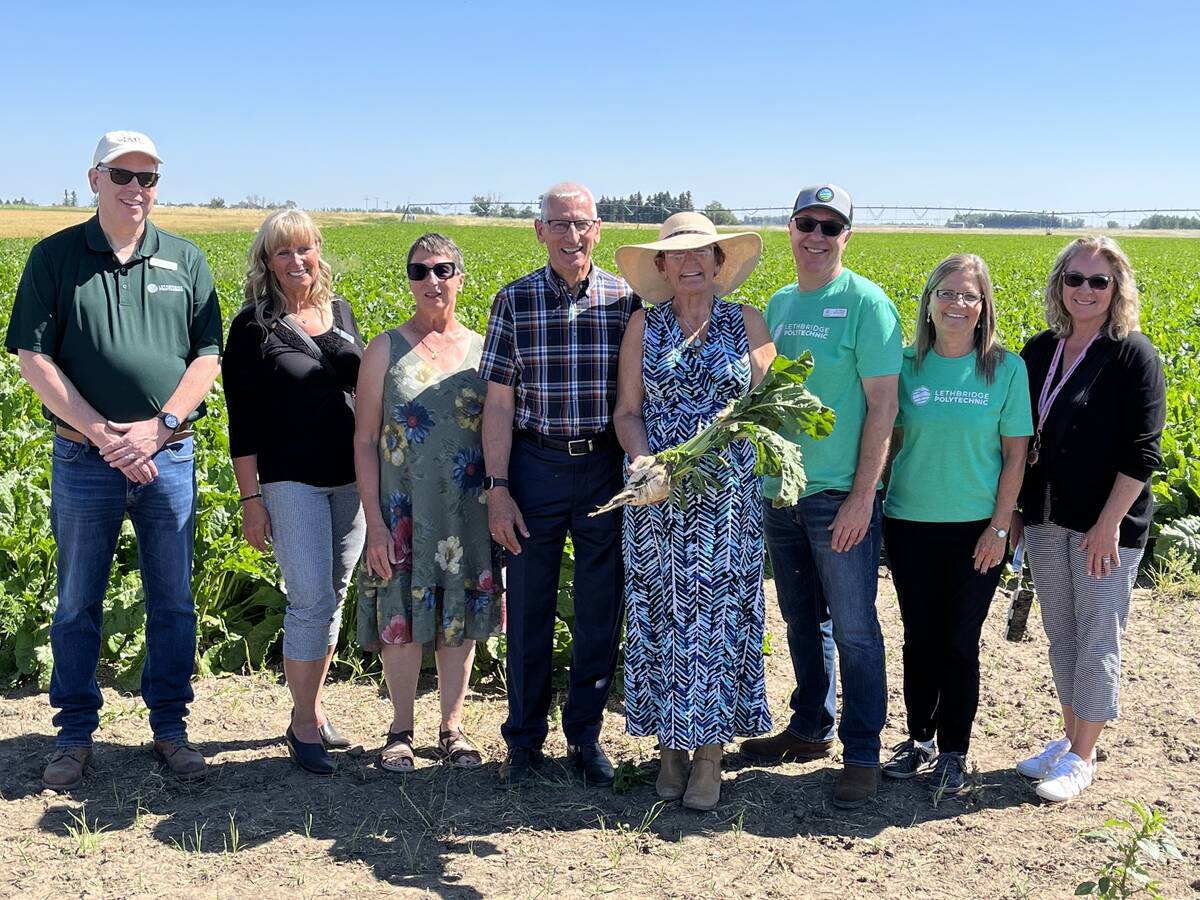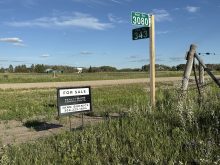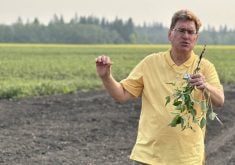Group closes gap by connecting university students with African-Canadian professors, researchers and professionals
This is the first of an occasional series looking into the pools of human talent within Canada’s population that could help fill the growing labour shortage that is crippling many farms.
WINNIPEG — There are usually one or two African faces in every university and college agriculture department classroom.
At most agriculture industry conferences, conventions and symposiums there will be a few African academics ,and various African accents can be heard from the podium and at coffee breaks.
Read Also

Lethbridge Polytechnic receives major donation
Multimillion-dollar donation by Hranac family aids Lethbridge Polytechnic’s research in integrated food production systems, irrigation science and post-harvest technology in Alberta
Other stories in this series:
- Potential Indigenous labour force should not be ignored
- South Asians want ag jobs, but lack opportunity
However, there are few African-Canadian people working on farms, a deficit that African Youths in Canadian Agriculture wants to fix.
“We are intentionally closing the gap,” said Temidayo Adewole, a Nigeria-born Nova Scotian who co-founded the organization and is getting it up and running.
Two African students from the University of Manitoba were working a display about the group at the Animal Nutrition Conference of Canada in Winnipeg in mid-May.
Inside the conference hall, more than 400 people were gathered, including a smattering of Black people, with most of those having been born in Africa. A few African academics and researchers, such as University of Manitoba animal science head Martin Nyachoti, were present, as well as graduate students from across Canada.
However, it would be difficult to claim that more than one in 100 of the attendees were Black. Out in the farming and commercial world, it’s less.
“You’ll find there’s (only) one per cent of African youths being involved (in Canadian agriculture), especially in the real agricultural practices,” said Adewole.
Some might think that Africans coming to Canada as immigrants or students have few agricultural connections, but that’s not true.
“As youths they’ve been involved in agriculture back in Africa. Many of their parents have farms,” said Adewole.
“But when they come to Canada … there is no connection. They don’t have the wherewithal to be involved as they have in Africa.”
For young Africans in Canada, peering into farming and the agriculture business can be intimidating.
“I don’t belong here,” said Adewole, summing up a common fear.
“I don’t know where to start. I don’t know how to plant potatoes. I don’t know how to plant seeds.”
The organization is fighting the not-fitting-in perception by connecting high school students with university agriculture students and connecting university students and graduate students with African-Canadian professors, researchers and professionals.
That will be done both through in-person events and with webinars, “to let them know more about the scope of agriculture, the potentials,” and how many careers exist within agriculture, said Deborah Adewole, an animal nutritionist at the University of Saskatchewan, who co-founded the organization.
African students who are interested in digital careers, engineering, science and research often don’t realize those areas are central to today’s agriculture.
“That (knowledge) of the available technology that makes agriculture entrepreneurial and rewarding is missing currently,” said Temidayo Adewole.
“It is one of the songs we are singing. That there is opportunity here and you can have a happy life and there is so much opportunity that has not been tapped into.”


















